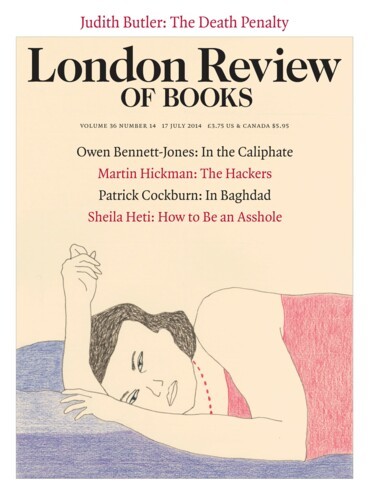Odd, unsettling somehow, visiting here again after so many years,
travelling through town at this hour,
the Baixa nearly deserted, then along the river, the lights of the bridge blurred by rain,
just me and the Consul’s driver:
customised Citroën C4 Aircross Picasso, outsized smoked-glass windows,
upholstered like the inside of a leather queen’s crypt, brown Bavarian bull hide.
Might as well be in a glass bathyscaphe or slow-motion pneumatic tube
forcing its passage through a tunnel of oil.
I mean, how different is this than the last time,
way back when, before our anthem hit the charts? It’s still in everyone’s earbuds,
even here: the fidalgos in $500 jeans, the Monsignors in their black cassocks, purple trim,
the senhora ladling out the caldo verde and feijouda.
In those days she would have been dressed in black.
You lived on that kale and potato soup, and with that bottle of piri-piri
you carried around everywhere we went. And me, custard cups.
They cost pennies in those days, with the fascistas still in power,
at least for a few more months. They were watching us, that crew. Not sure why.
We’d run into Saramago at the pastelaria all the time, remember?
He lived nearby. He wasn’t famous yet, just finishing up the Blimunda novel,
the one with Scarlatti. He’d buy us both a galao now and then, sweet man.
I can’t imagine he had much more than we did.
Nor we; famous, that is. Not quite yet. It wasn’t until the band let me sing
No one was much into drum machines then,
at least not how we went about it, and that big bass synthesiser sound,
the two of us tap-tapping on part-filled milk bottles in time to the chorus.
I forget who it was dreamt that one up,
clink-clink, clink-clink, each bottle a different level of water, different pitch.
But it worked. Blow me, it worked …
What were we, 22, 23?
We walked all the way down from the summer palace.
Dark green avenues, fern colonnades, those ponds with water lilies …
Lord Georgie-Porgie wasn’t half-wrong. It was like Eden, but even Eden can get old.
We were starving when we found that hole-in-the wall just off the square,
and the bossy little owner with his charcoal brazier.
He nearly dragged us in there and made us sit still for what seemed like an hour,
grilling those chunks of cuttle fish, basting and basting them in their own ink.
You squealed like a little pig later on when you got a good look at your tongue.
– I’m gonna die, I’m gonna die!
It rained most every day that January, just like it’s raining now,
the Terreiro do Paco nearly underwater.
I’d never been anywhere like this before. I don’t know that I’d really been anywhere.
Climbing up all those slippery cobbled steps every night to that pensao the nuns ran,
half-pissed, the white peacocks shrieking in the castle garden
and the sound it made in the rain. It moves me still, this place,
the jumble of pastel doorways with their sagging jambs and worn stone sills.
The people too, so modest and obliging, a bit melancholy –
no, not so much melancholy, subdued, perhaps, a lid on top.
They do fancy their hats, all right, the old gents.
We clung together like children then.
And you could be so awful, especially if your dick wasn’t in me or you weren’t drinking.
I’d cry and cry, not because of how you were or what you said.
I felt like I was always melting inside.
Yeah, yeah, sure – But oft, in lonely rooms, and ’mid the din/of towns and cities …
My apologies, Mr Chalmers, you did your best …
You know how water finds its way through a seam in the roof.
I mean, do I really want to split open again like a sodden aubergine?
Does anyone need to see that again?
These drives to the airport are all the same, no matter what town you’re in.
– Luis, darling, can you turn up the sound a bit? You know who that is, don’t you?
Of course, luv, of course you do.
Send Letters To:
The Editor
London Review of Books,
28 Little Russell Street
London, WC1A 2HN
letters@lrb.co.uk
Please include name, address, and a telephone number.

